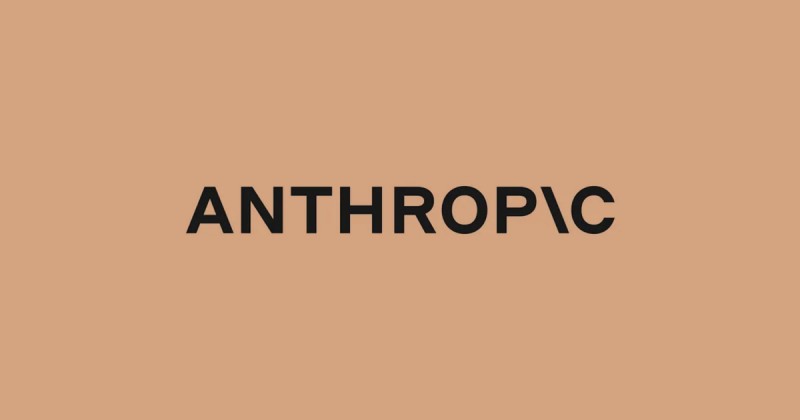
New Delhi:- Anthropic, an AI startup co-founded by former OpenAI executives, has released an updated version of its faster and cheaper text generation model available through its API, Claude Instant.
The Claude Instant update, Claude Instant 1.2, combines the strengths of Anthropic's recently announced flagship model, Claude 2, showing "significant" gains in areas such as mathematics, coding, and coding, reasoning and security, according to Anthropic. In internal testing, Claude Instant 1.2 scored 58.7% in coding benchmarks compared to Claude Instant 1.1, scoring 52.8% and 86.7% for a group of math questions compared to 80.9% for Claude Instant 1.1.
"Claude Instant produces longer, more structured responses and follows formatting guidelines better," Anthropic wrote in a blog post. "Instant 1.2 also shows improvements in citation extraction, multilingual capabilities, and question answering."
Also Read:- AI.com to Flip as X.com averse to ChatGPT by X lover Elon
Claude Instant 1.2 is also less likely to suffer from hallucinations and is more resistant to jailbreak attempts, Anthropic claims. In the context of large language patterns like Claude, "hallucination" is where a pattern produces incorrect or meaningless text, while cracking is a technique that uses cleverly written prompts to bypass security devices placed by their creators on excellent language patterns.
And Claude Instant 1.2 offers the same size popup as Claude 2 - 100,000 tokens. The pop-up refers to the text the model looks at before generating the additional text, while the token represents plain text (e.g. the word "fantastic" would be split into a token " fan", "heap" and "tick" ). Claude Instant 1.2 and Claude 2 can parse about 75,000 words, roughly the length of “The Great Gatsby”.
In general, templates with large pop-ups are less likely to "forget" the content of recent conversations.
As we previously reported, Anthropic's ambition is to create a "next-generation algorithm for self-learning AI," as it describes in a pitch to investors. Such an algorithm can be used to create virtual assistants capable of answering emails, performing searches, and creating artwork, books, and more, some of which we have tasted with GPT-4 and other major language models.
Also Read:- OpenAI to set up some new Generative Options in ChatGPT 4 soon
But Claude Instant is not this algorithm. Instead, it aims to compete with similar entry-level offerings from OpenAI as well as startups like Cohere and AI21 Labs, all of which develop and manufacture their own AI systems to create text and in some cases images. .
To date, Anthropic, launching in 2021, led by former OpenAI research vice president Dario Amodei, has raised $1.45 billion at a $1 billion valuation. While that might sound like a lot, it's far below what the company estimates it will need — $5 billion over the next two years — to create its envisioned chatbot.
Anthropic claims to now have "thousands" of customers and partners, including Quora, providing access to Claude and Claude Instant through a Poe subscription-based synthetic AI app. Claude powers DuckDuckGo's recently launched DuckAssist engine, which directly responds to users' simple search queries, combined with OpenAI's ChatGPT. And on Notion, Claude is part of Notion AI's technical backend, an AI writing assistant integrated into Notion's workspace.
Also Read:- News Media groups to get together to benchmark the AI model work
The model that Anthropic has purchased in connection with its AI Text Generator Chatbot is possibly the most advanced among others and also has provability statistics that help prove the reality. and it also provides timeliness.